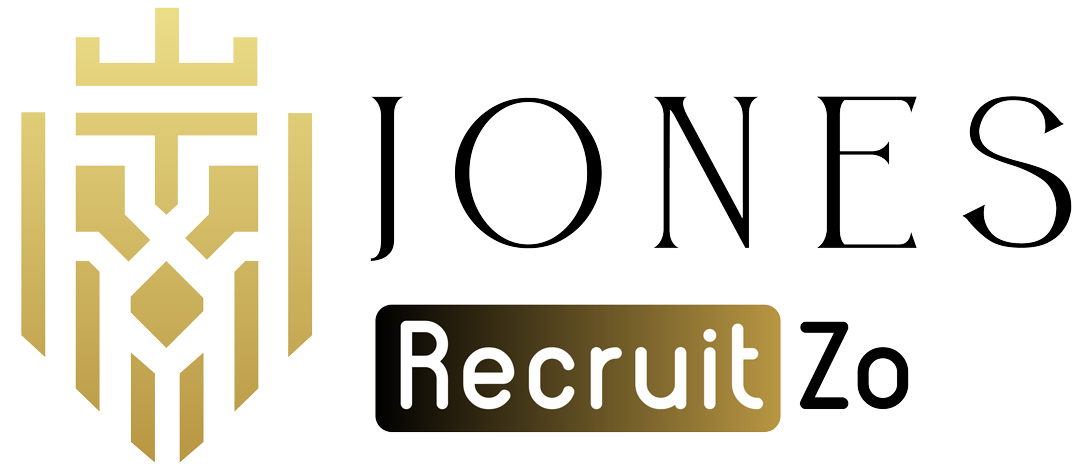What is compensation in Human Resource Management (HRM)?
Compensation in Human Resource Management (HRM) encompasses the full range of monetary and non-monetary rewards that employees receive for their contributions. This includes salaries, bonuses, commissions, benefits, and perks that enrich the overall work experience. A thoughtfully designed compensation strategy is essential for attracting and retaining top talent, as it acknowledges the value employees bring to the organization.
A well-structured compensation plan is crucial for attracting and retaining talent. Employees who feel adequately compensated are generally more motivated and engaged. When organizations take the time to craft competitive compensation packages, they signal to their employees that they value their contributions, which can lead to higher levels of job satisfaction and loyalty.

How is compensation management determined?

Determining compensation involves several factors, including market rates, organizational budget, and individual employee performance. This process can be divided into two main categories: direct compensation and indirect compensation.
Direct Compensation
Direct compensation refers to the monetary rewards that an employee receives directly from their employer. This category encompasses various components:

Salary
The most common form of direct compensation is salary. Organizations typically establish salary structures based on industry standards, job roles, and employee experience. A competitive salary is crucial for attracting talent, as it reflects the organization’s commitment to valuing its employees.
Bonuses
Bonuses are additional financial rewards given to employees for exceptional performance or achieving specific goals. They can be awarded annually, quarterly, or even monthly, depending on the organization’s policies. Bonuses serve as incentives that motivate employees to exceed their performance targets.
Commissions
For employees in sales or similar roles, commissions form a significant part of their compensation in HRM. Commissions are typically a percentage of the sales made by an employee, directly linking their earnings to their performance. This type of compensation encourages employees to maximize their efforts and drive sales.
Allowances
Allowances are another form of direct compensation that can include various benefits like travel, housing, or meal allowances. These allowances can significantly enhance an employee’s overall financial package and improve job satisfaction.
Indirect Compensation
While direct compensation is essential, indirect compensation plays a vital role in the overall compensation strategy. Indirect compensation includes non-monetary benefits that contribute to an employee’s quality of life and job satisfaction.
Employee Benefits
Employee benefits encompass a variety of offerings, including health insurance, retirement plans, paid time off, and wellness programs. These benefits can improve employee morale and contribute to a positive workplace culture, making them a critical component of compensation management in HRM.
Pay for Time Worked
Compensation for time worked, such as overtime pay and holiday pay, is another form of indirect compensation. This ensures that employees are fairly compensated for their time and effort, which can lead to increased loyalty and satisfaction.
What is Compensation Management Software?
Compensation management software is a tool that organizations use to streamline and automate their compensation processes. This software assists HR professionals in designing compensation plans, managing payroll, and ensuring compliance with compensation regulations. With the help of this technology, organizations can analyze compensation data, make informed decisions, and adjust their compensation strategies as needed.

Using compensation management software can improve efficiency, reduce errors, and provide valuable insights into compensation trends. It enables HR departments to focus on strategic initiatives rather than getting bogged down by administrative tasks, ultimately leading to better employee satisfaction and engagement.
Compensation Rules and Regulations
Compensation management is also governed by various rules and regulations to ensure fairness and compliance. These regulations include labor laws, minimum wage requirements, and guidelines on overtime pay. Organizations must remain vigilant about these regulations to avoid legal repercussions and to ensure that their compensation strategies are equitable.
In conclusion, compensation in HRM is a multifaceted concept that plays a vital role in an organization’s success. By understanding what is compensation in HRM, organizations can design effective compensation strategies that not only attract and retain top talent but also foster a motivated and engaged workforce. From direct compensation like salaries and bonuses to indirect benefits such as employee wellness programs, each component of compensation contributes to an employee’s overall experience. Moreover, with the help of compensation management software, organizations can streamline their compensation processes and adhere to the necessary regulations, ensuring a fair and motivating work environment for all employees. As the job market evolves, the importance of competitive and well-structured compensation strategies will continue to grow, making it an essential area for HRM professionals to focus on.
FAQs
1) What is the Compensation in HRM?
Compensation in HRM refers to the total rewards, both financial and non-financial, that employees receive in exchange for their work. This includes salaries, bonuses, commissions, and various benefits like health insurance and paid time off. It plays a crucial role in recognizing employees’ contributions and enhancing their overall job satisfaction.
2) What is the Importance of Compensation in HRM?
Compensation is vital in HRM as it directly influences employee motivation, satisfaction, and retention. A competitive compensation package helps organizations attract top talent and fosters a positive work environment. Additionally, it aligns employee performance with organizational goals, promoting overall business success.
3) What is the Importance of Compensation?
Compensation is essential as it provides employees with a sense of value for their contributions, impacting their engagement and loyalty to the organization. It serves as a motivating factor that encourages employees to perform at their best. Moreover, a well-structured compensation strategy helps maintain equity and fairness within the workplace.
4) What is the rules and regulations in compensation?
Compensation is governed by various laws and regulations to ensure fairness and compliance, such as minimum wage laws, overtime pay guidelines, and labor regulations. Organizations must adhere to these rules to avoid legal repercussions and maintain equitable compensation practices. Staying updated with these regulations is crucial for HR professionals to ensure fair treatment of all employees.







